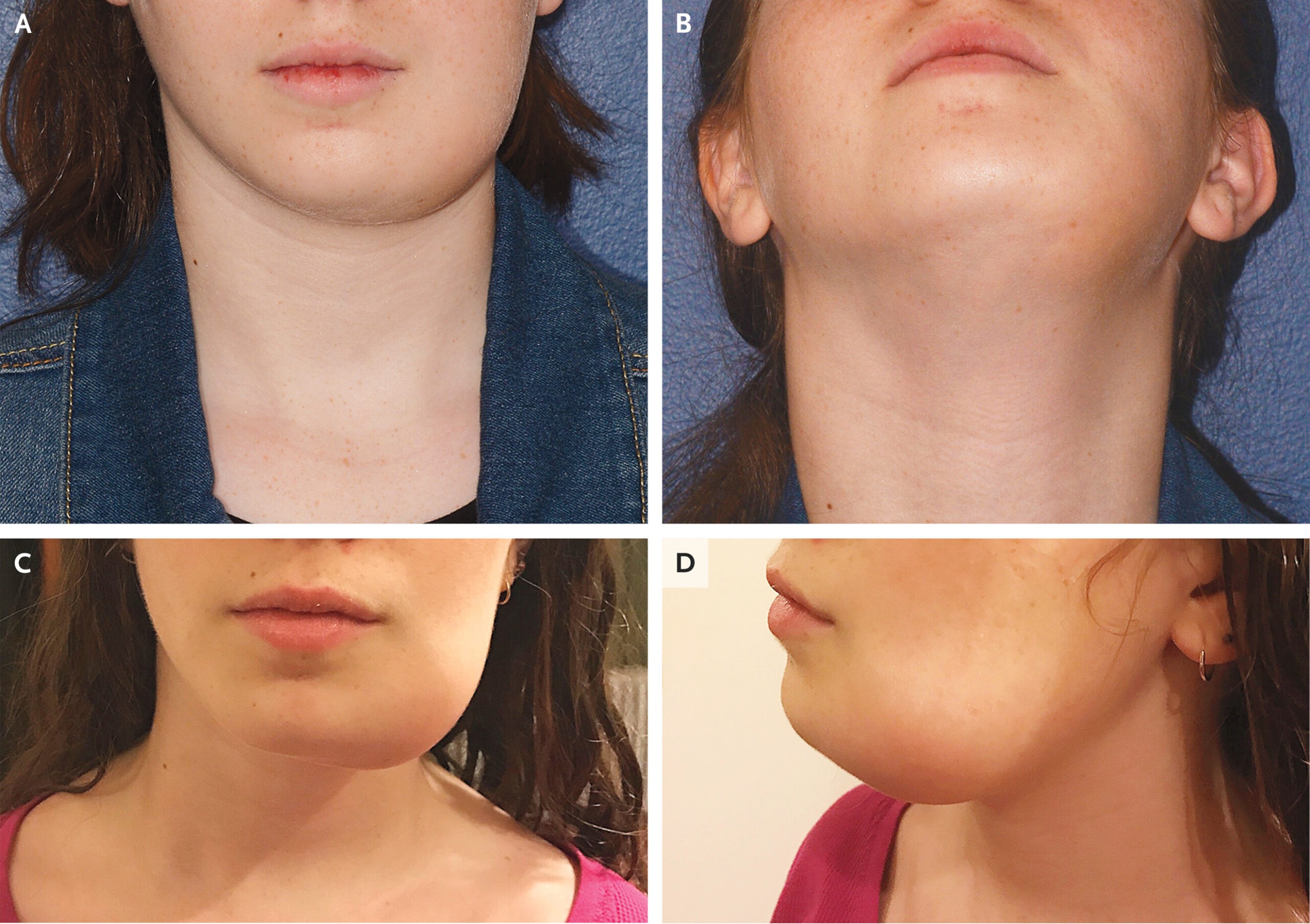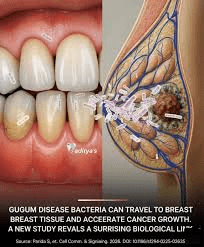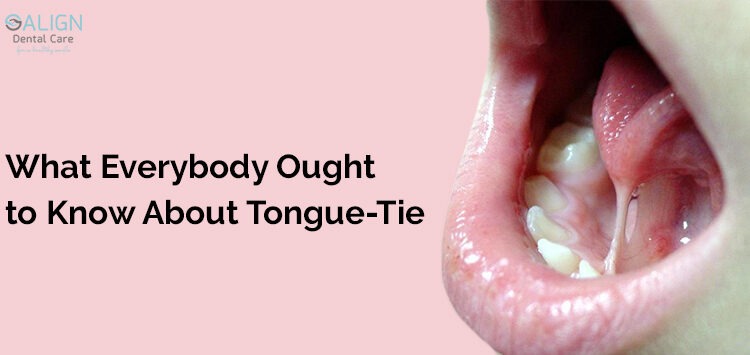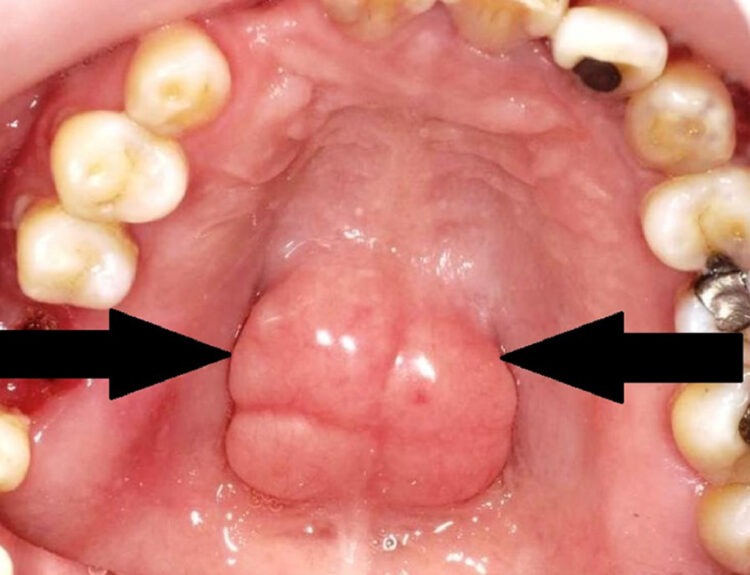Calcium is an essential mineral for strong teeth, healthy gums, and bone strength. However, when calcium levels in the blood rise abnormally high; it is a condition known as hypercalcemia.
Many people start taking calcium supplements on their own, thinking it will strengthen their teeth and bones. However, excessive supplement use can raise calcium levels in the blood. This can damage the kidneys, weaken bones over time, and even affect the heart and brain. Unlike supplements, calcium-rich foods such as milk, yogurt, cheese, and leafy greens are safe for healthy individuals, as the body can naturally regulate and metabolize them. Always consult a doctor before starting supplements.
Hypercalcemia not only disrupts systemic health but also leaves clear footprints in the mouth; from jawbone changes to tartar buildup and salivary gland issues. It occurs when blood calcium levels exceed the normal range of 8.5–10.5 mg/dL. Mild hypercalcemia may go unnoticed, but severe or prolonged elevation harms various organs and tissues.
This imbalance is most often due to:
- Overactive parathyroid glands: It is known asHyperparathyroidism.
- Excessive vitamin D intake: It leads to increased calcium absorption.
- Certain cancers: Particularly involving the lungs, breast, or multiple myeloma
- Kidney disease: It disrupts calcium and phosphate balance.
- Prolonged use of calcium-based antacids or supplement.
Hypercalcemia & Oral Health
Jawbone Changes
High calcium levels result from hyperparathyroidism, which increases bone turnover. In the jaw, this may lead to loss of bone density, weakening of the alveolar bone, and higher risk of tooth loosening.
Dental Calculus Deposition
Elevated calcium in saliva can cause excessive tartar (calculus) deposits on teeth. This buildup contributes to gum inflammation, periodontal disease, and bad breath.
Soft Tissue hardening
Hypercalcemia may cause hardening in salivary glands, leading to painful swelling and reduced saliva flow.
Patients may complain of dry mouth (xerostomia), increasing the risk of cavities and oral infections. Some patients report metallic taste, oral ulcers, or burning sensations in the mouth.
Delayed Healing
Excess calcium can interfere with normal bone metabolism and tissue repair. After tooth extractions or periodontal surgery, healing may be slower, and complications can arise.
Dentists are often the first to detect its early signs. Unexplained bone loss, frequent calculus buildup, or repeated salivary gland stones should raise concern and warrant further medical assessment. Early recognition can lead to timely referral and management of underlying causes such as hyperparathyroidism or malignancy.
Read our full disclaimer.




